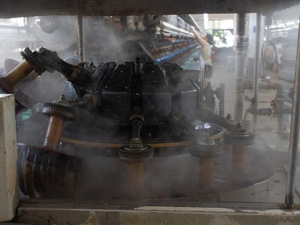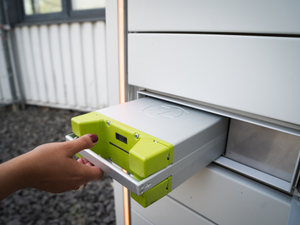Brain Implant Has Entered the Chat: Speaking Without Words Is Now Possible

Photo by Shubham Dhage on Unsplash
Tech nerds, hold onto your neural networks! Scientists have just cracked the code on turning brain signals directly into speech, and it’s way cooler than your average smartphone voice assistant.
Researchers at UC Davis have developed a neural prosthesis that can translate brain signals into actual sounds in near real-time, giving people with severe paralysis a whole new way to communicate. Picture this: a 46-year-old patient with ALS who was previously almost impossible to understand can now potentially speak fluently, complete with pitch variations and even sing short melodies.
From Slow Text to Instant Sound
Previous brain-computer interfaces were basically the dial-up internet of communication tech - slow, limited, and frustratingly restrictive. Most systems could only translate brain signals into text, with massive delays and a vocabulary smaller than a toddler’s dictionary. This new system? It’s broadband communication for your brain.
Breaking Communication Barriers
Using 256 microelectrodes implanted in the brain, the researchers could decode neural activities and convert them into speech features with mind-blowing speed - we’re talking about a 10-millisecond latency. This means the patient could say literally anything, including made-up words and those awkward filler sounds like “um” and “hmm”.
The Future Sounds Promising
While the current system isn’t perfect (word error rates are still around 43%), it’s a massive leap forward. Upcoming designs with thousands of electrodes could make this technology even more precise. Startups are already gearing up for clinical trials, which means we might see this groundbreaking tech becoming a reality sooner than we think.
Tech revolution? More like a communication evolution, folks.
AUTHOR: mls
SOURCE: Ars Technica





















































